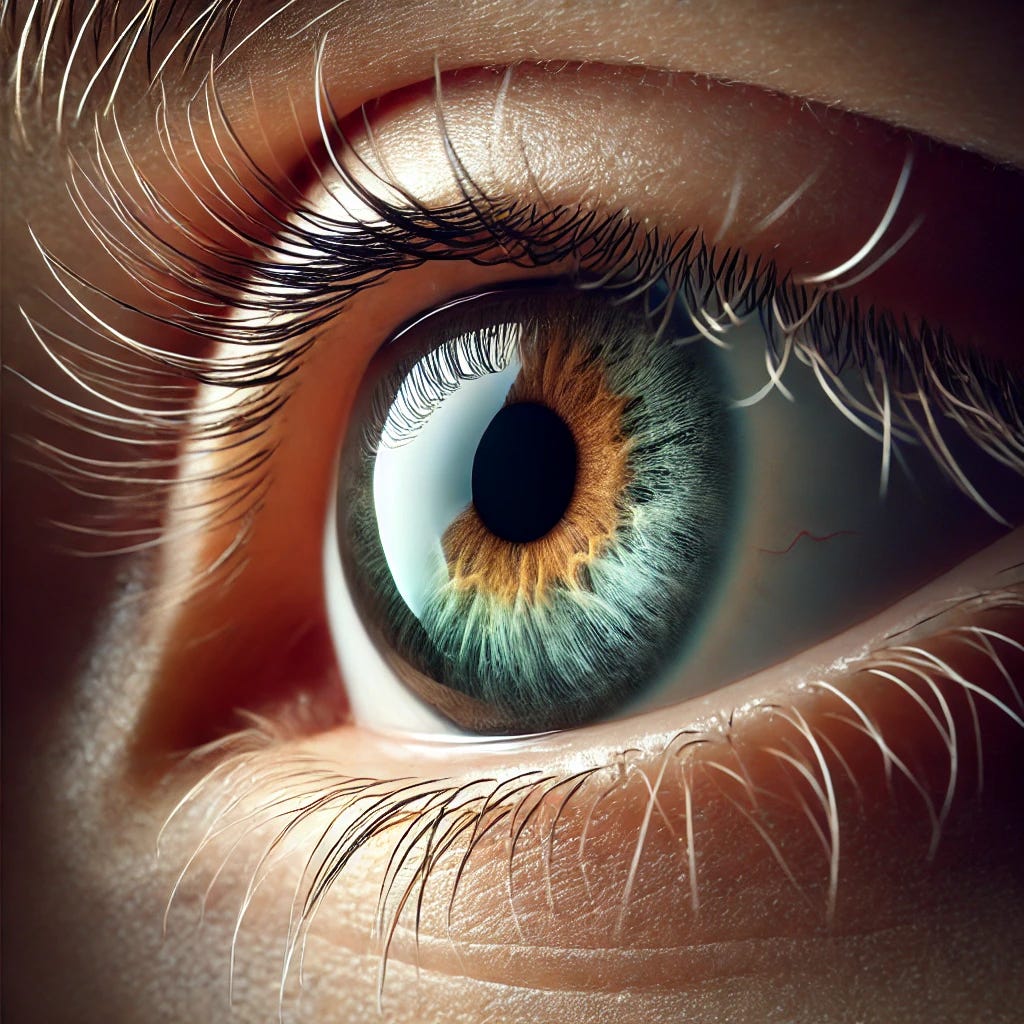STORY AT-A-GLANCE
Long-term sun exposure is a leading cause of cortical cataracts—but it’s also one of the most preventable.
A 2003 study confirmed that people who regularly wore UV-blocking sunglasses had a significantly lower risk of cataracts caused by ultraviolet radiation.
Protective eyewear, especially combined with wide-brimmed hats, dramatically reduces the lens’s exposure to harmful UV rays.
These simple, affordable tools can delay or even prevent the need for cataract surgery.
Cataract prevention doesn’t start in the OR—it starts with what you put on your face before stepping outside.
The Cataract–Sunlight Connection
The lens of your eye is exposed to light all day long. Over time, UV-B radiation from sunlight can penetrate the front of the eye and damage the proteins inside the lens.
This damage builds slowly but leads to a very common outcome: cloudy, hardened lenses—a.k.a. cataracts.
Most patients are surprised to learn that sunlight is one of the top modifiable risk factors for age-related cataracts. Especially cortical cataracts, which start on the outer rim of the lens where UV light hits first.
What the Study Found
In 2003, a comprehensive review published in International Ophthalmology Clinics examined the role of UV exposure in eye disease.
One key finding:
➤ Individuals who regularly used sunglasses had a significantly lower risk of UV-related cataracts.
That means a simple, daily habit—wearing quality sunglasses—can help preserve your vision and delay or avoid cataract surgery.
Protection That Works
Here’s what I recommend for every patient, especially those with early signs of lens opacity:
✅ Sunglasses
Must block 100% of UVA and UVB rays (look for “UV400” labels)
Don’t rely on lens darkness—UV protection is not the same as tint
Wraparound styles are best to block peripheral UV
✅ Wide-Brimmed Hats
Reduces direct and reflected UV exposure to the eyes by up to 50%
Essential during midday sun and in high-reflectivity environments (snow, sand, water)
✅ Consistency
Protection isn’t seasonal—UV damage occurs year-round
Even on cloudy days, up to 80% of UV rays still reach your eyes
Who Needs This the Most?
Outdoor workers and athletes
People living in sunny climates or high altitudes
Children and teens, whose lenses absorb more UV
Anyone with a family history of early cataracts




